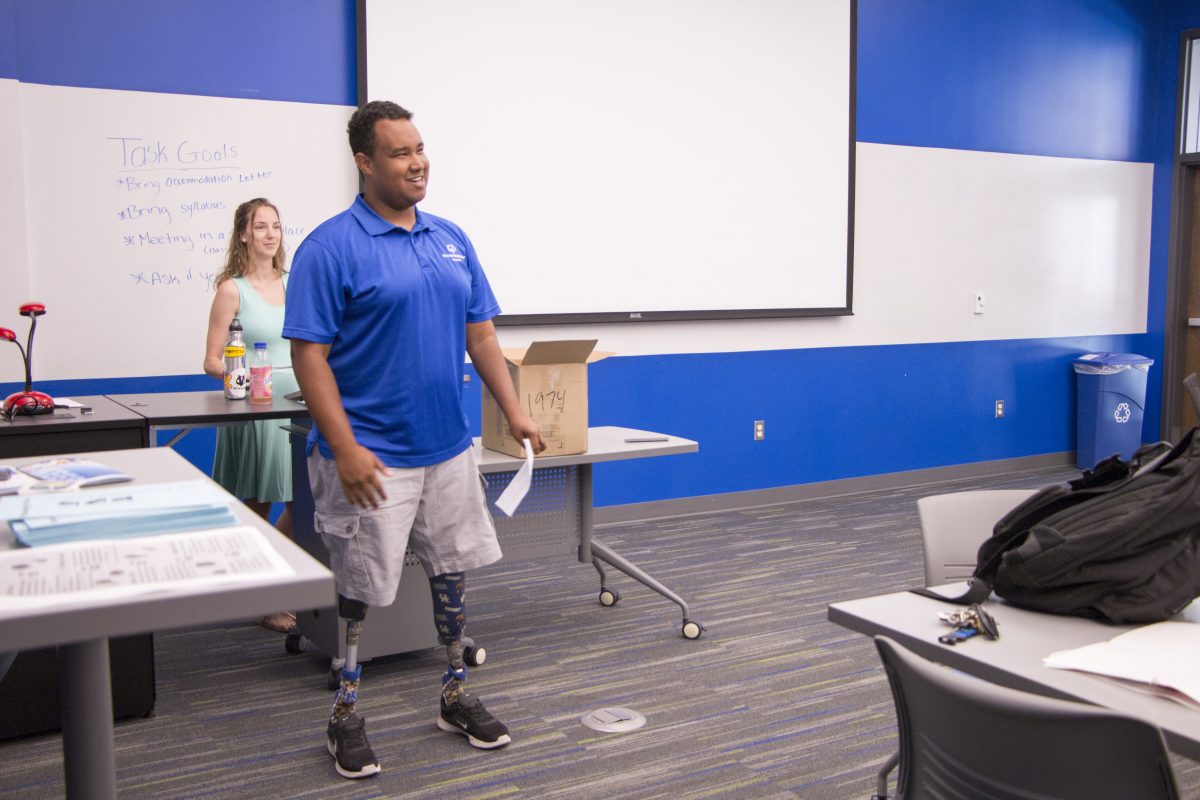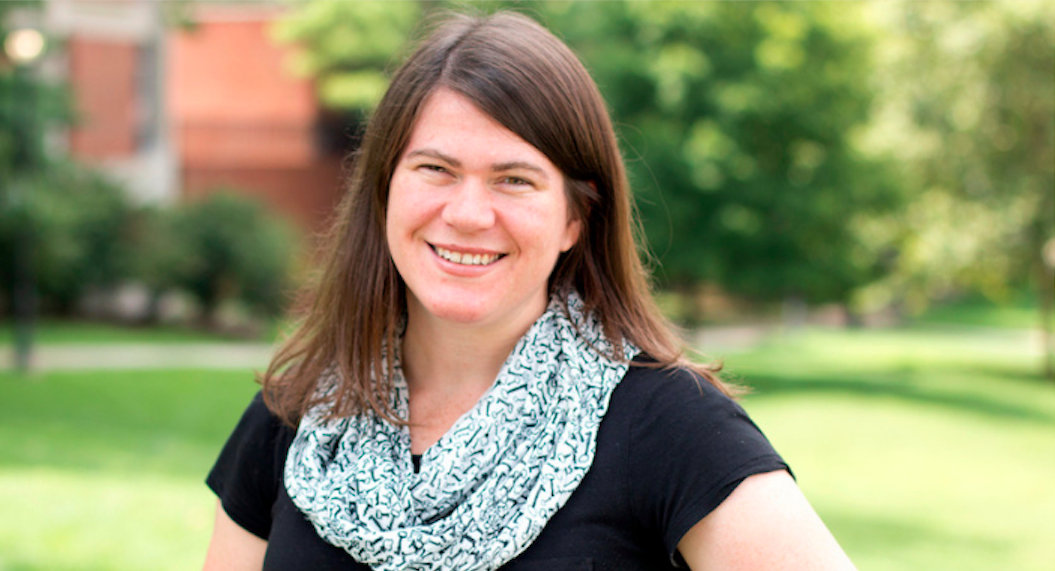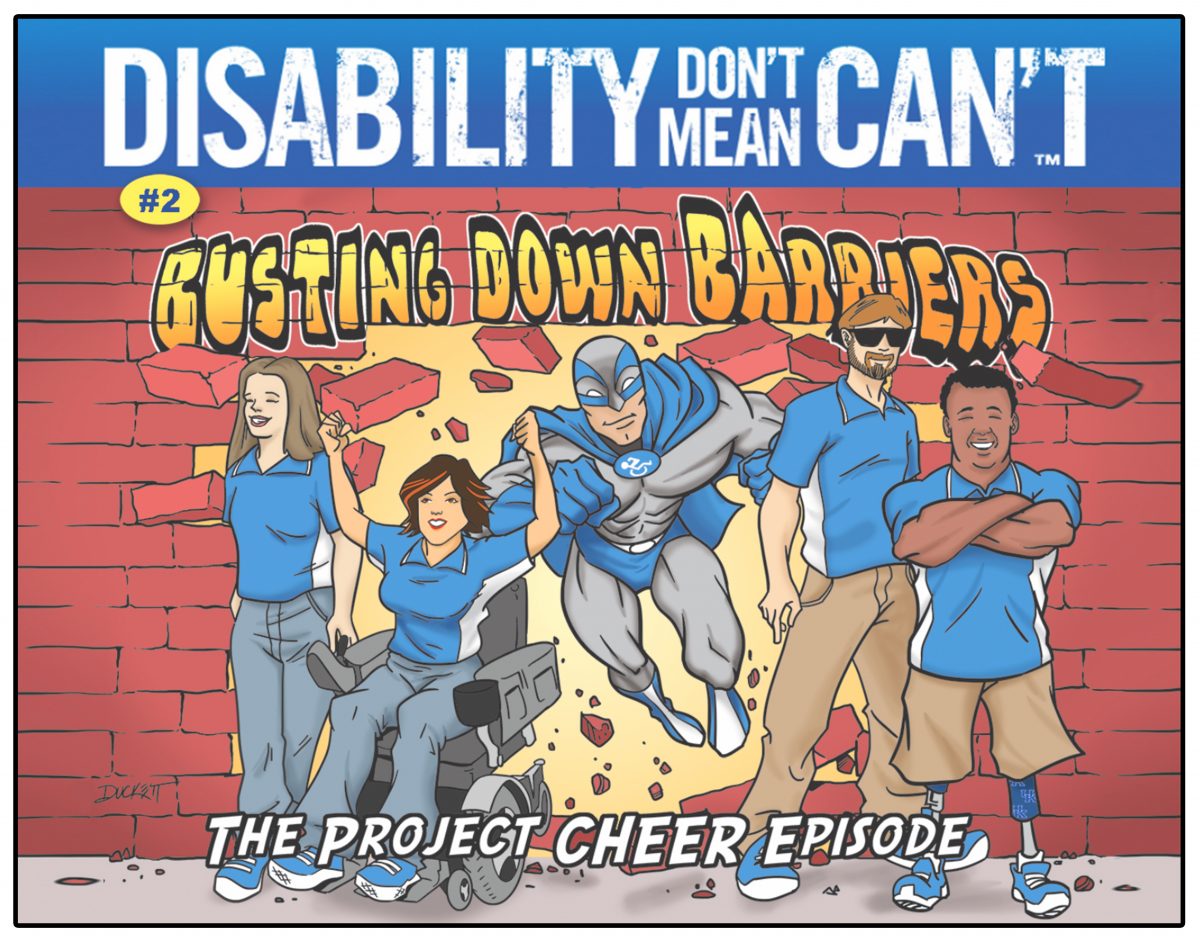Employment is an expectation. Passage of the Americans with Disabilities Act of 1990 furthered that expectation for people with disabilities across the country. In Kentucky, the last few years have brought added impetus through several notable employment initiatives. In 2017, the Kentucky Work Matters Task Force was convened to create responses to barriers for populations that include people with disabilities. Results of Kentucky Work Matters efforts included the Governor signing an executive order, making Kentucky an Employment First state in 2018.
Employment First means that if a person with a disability wants to work, employment shall be the first and preferred option. While the notion of Employment First is simple, carrying out the mandate in the Commonwealth will be challenging. A newly formed Kentuckyworks Collaborative, consisting of a cross section of leaders from business, education and state government are working to carry out a state strategic plan that will promote workforce development, enhance employer engagement, provide lifelong learning for Kentuckians, and align existing resources and organizations. Many elements of the Employment First executive order are also found in the objectives of the Collaborative.
Kathy Sheppard-Jones, Executive Director of the University of Kentucky’s Human Development Institute explains, “In our society, we largely define who we are by the work that we do, regardless of whether we have a disability or not. We have an opportunity right now to build collaboration around employment to create a stronger workforce that is inclusive of all people.”
Continue reading →




